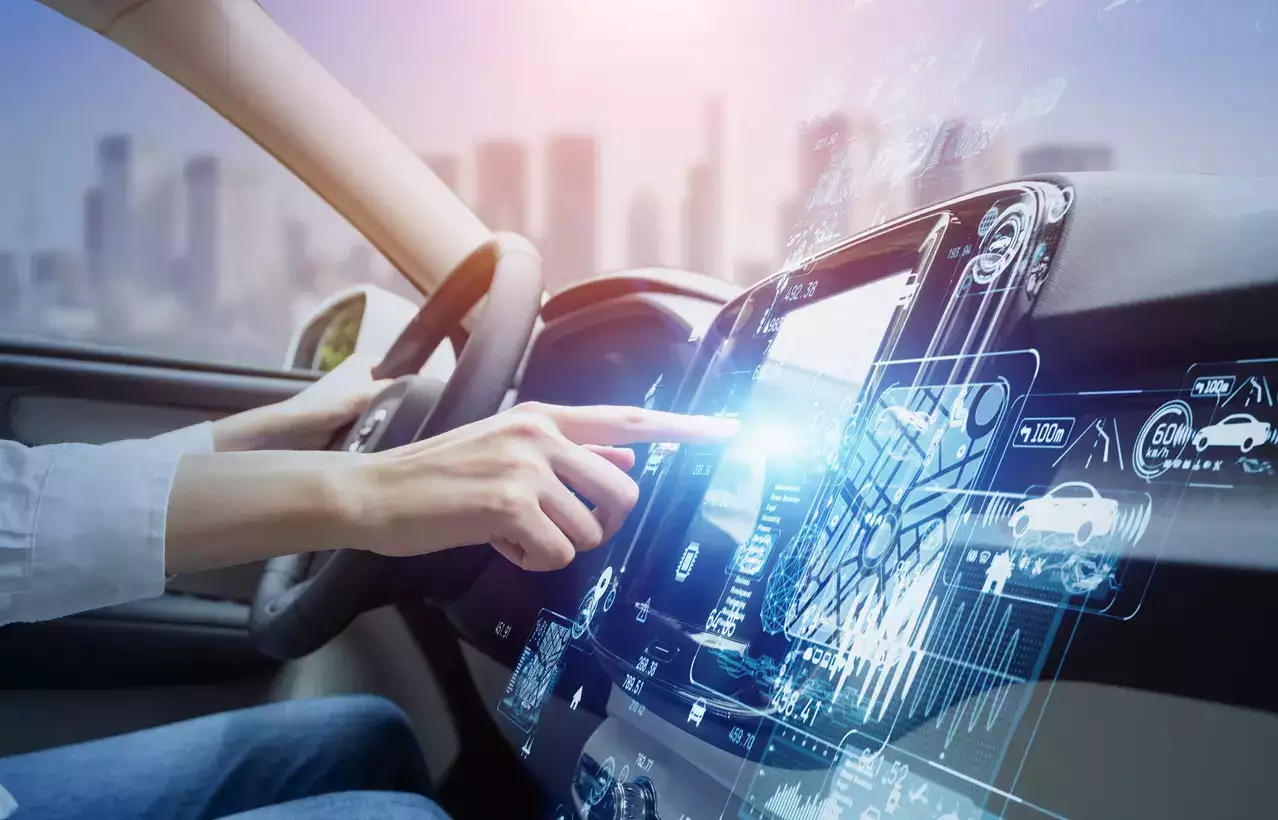
Embracing advanced technologies
Original Equipment Manufacturers (OEMs) are strategically positioning themselves by embracing advanced technologies. By focusing on connectivity, and investing in research and development (R&D), they are capitalising on emerging growth opportunities in the automotive sector.
Shift in consumer preference
Indian car buyers, especially among the younger cohort, exhibit a noticeable shift in preferences. A global survey indicates that features like connectivity and safety now take precedence over traditional considerations like fuel efficiency and cost. GenZ Indians, constituting a significant 25% of the population, favour vehicles that align with their tech-savvy lifestyles. Advanced features such as the connected car ecosystem, in-car entertainment systems, EV technologies, and advanced driver assistance systems, are becoming increasingly important. With young consumers emphasising health, connectivity and sustainability, the automotive industry is evolving to align with these new preferences, marking a new era in car-buying habits.
Driving digital India
India’s automotive sector mirrors the country’s broader digital transformation, aligning with the government’s Digital India initiative. As India embraces digital technologies to enhance citizens’ lives and drive economic growth, the automotive industry is evolving to meet changing consumer preferences. Cars are no longer mere modes of transportation; they are becoming intelligent, connected, and a lifestyle choice. Leveraging sensor data and AI algorithms, vehicles are becoming safer, more efficient, and more comfortable, offering advanced mobility solutions. This technological integration enhances the driving experience and underscores India’s commitment to digital inclusion and a technologically advanced future.
Vehicle-centric to user-centric design
The automotive industry is swiftly shifting from vehicle-centric approach to user-focused design philosophy. Techniques such as user-centred design (UCD), which includes ethnographic research and usability testing, yield valuable insights into user behaviours and preferences. This enables the creation of products that seamlessly integrate into consumers' lives, from intuitive infotainment systems to personalised mobility solutions. As Software Defined Vehicles (SDVs) gain prominence, prioritising user needs and preferences becomes even more critical, emphasising the necessity for flexibility and adaptability in the ever-evolving automotive landscape.
Government policies shaping automotive innovation
The Indian government is actively prioritising customer experience in the automotive sector through initiatives like the National Electric Mobility Mission Plan 2020. This plan focuses on adopting technological innovations to reduce carbon emissions, enhance fuel security, and provide affordable, eco-friendly transportation options that align with customer needs.
Through incentives, subsidies, and infrastructure investments, the government promotes the transition to cleaner transportation, resulting in improved customer experiences with efficient, sustainable, and cost-effective mobility solutions. This strategic approach positions India as a leader in creating a smarter transportation ecosystem that addresses evolving customer demands.
Additionally, regulatory changes introduced through the Motor Vehicles Act amendment of 2019 facilitate the testing and deployment of autonomous vehicles (AVs) and advanced driver assistance systems (ADAS). These policy measures create an environment conducive to technological innovation that directly benefits customers, paving the way for the integration of cutting-edge technologies and improved user experience in the automotive industry.
In conclusion, as vehicles evolve into smarter, connected entities, prioritizing user-centric designs and harnessing advanced technologies like artificial intelligence (AI) will significantly enhance the automotive user experience. The next generation of Software Defined Vehicles (SDVs) will benefit from this approach. Collaborative efforts among original equipment manufacturers (OEMs), government bodies, and regulatory agencies are crucial for continuous improvement in user experience while upholding stringent safety, security, and sustainability standards. Strategic initiatives, including infrastructure funding, innovative practices like battery swapping, and seamless integration of electric vehicle (EV) infrastructure into urban planning, will pave the way for exceptional mobility experiences for customers.
Disclaimer: The copyright of this article belongs to the original author. Reposting this article is solely for the purpose of information dissemination and does not constitute any investment advice. If there is any infringement, please contact us immediately. We will make corrections or deletions as necessary. Thank you.





